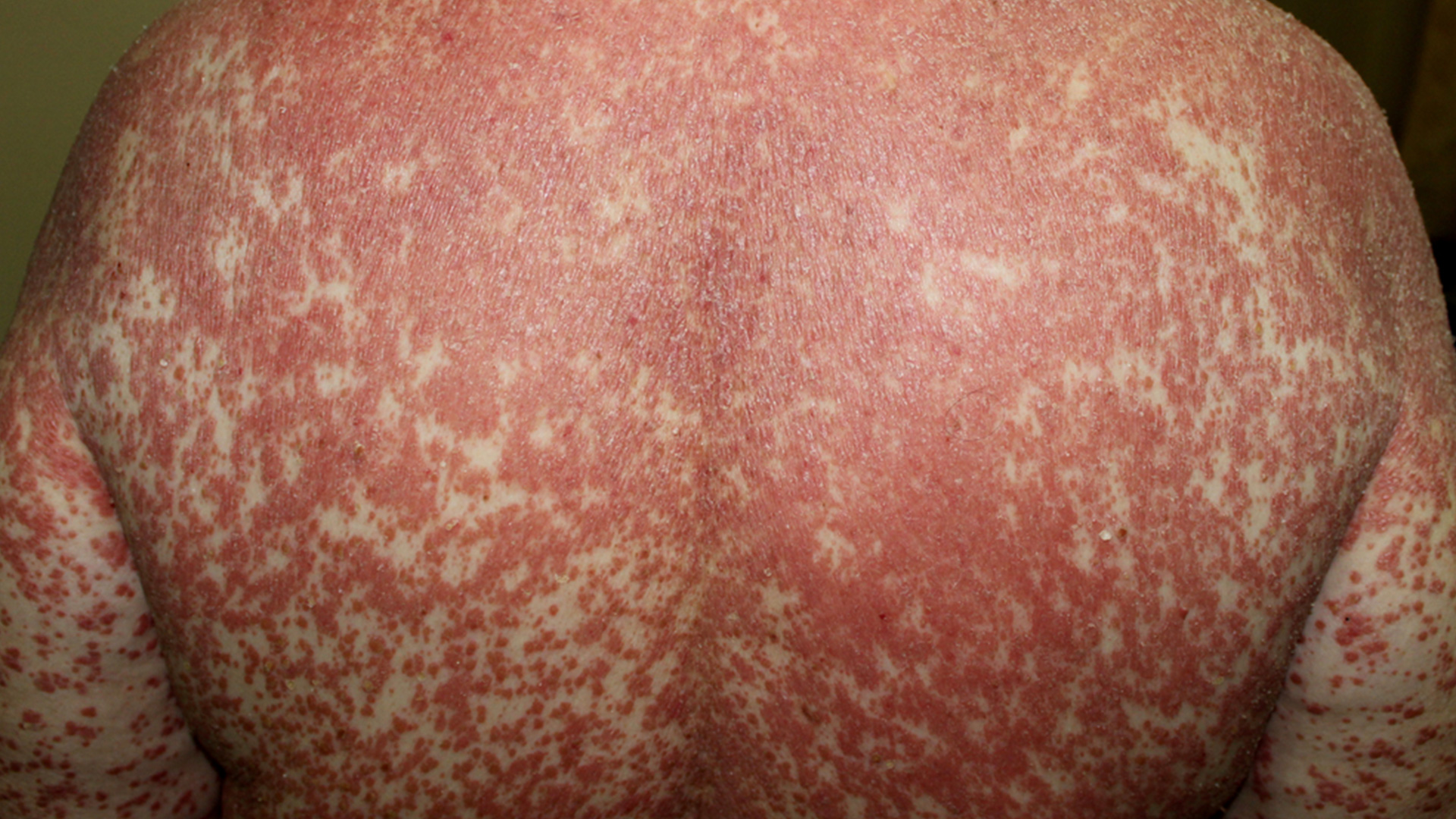The Link Between Military Service and Erythroderma: Causes and Risk Factors

Table of Content
- Introduction
- What is Erythroderma?
- Causes of Erythroderma
- Risk Factors for Erythroderma
- The Link Between Military Service and Erythroderma
- FAQs
- Conclusion
Summary
This article looks into the link between being in the military and erythroderma. A skin disease that causes large areas of redness and scaling. It talks about what causes erythroderma and what makes people more likely to get it. It also talks about how military service might affect people who have this disease. There is also a table on the blog that lists the pros and cons of military service for people with erythroderma.
Introduction
Erythroderma is a skin disease that can make life hard for some people. It causes swelling and flaking all over the skin, which can be itchy, burning, and uncomfortable. Many things can cause erythroderma, but there is more and more proof that being in the military may increase your chances of getting it.
What is Erythroderma?
Erythroderma is a skin disease that spreads to the whole body. It causes swelling and flaking all over the skin, which can be itchy, burning, and uncomfortable. The skin may also get tougher and thicker. Many things, like allergies, infections, and medicines, can affect erythroderma.
|
Pros |
Cons |
|
Sense of purpose and belonging |
Potential for exposure to irritants and allergens |
|
Financial security |
Risk of injury or illness |
|
Camaraderie and support |
|
Causes of Erythroderma
People with erythroderma don't always know what causes it, but it's thought to have something to do with an immune system that works too hard. This can make the skin swell up, which can make it red, flaky, and show other signs. Erythroderma can also be brought on by illnesses, allergies, or medicines.
Risk Factors for Erythroderma
Several things have been found to raise the risk of erythroderma, such as:
- Atopic dermatitis: Atopic dermatitis, which is also called eczema, makes people more likely to get erythroderma.
- Psoriasis: People who have psoriasis, a chronic skin disease with rough spots, are also more likely to get erythroderma.
- Allergies: People who are allergic to certain foods, medicines, or things in their surroundings may be more likely to get erythroderma.
- Infections: Some infections, like HIV and hepatitis C, can also make you more likely to get erythroderma.
- Medications: Nonsteroidal anti-inflammatory drugs (NSAIDs) and beta-blockers are two examples of medicines that can raise the chance of erythroderma.
The Link Between Military Service and Erythroderma
There is more and more proof that being in the military may make you more likely to get erythroderma. This could be because of several things, such as:
- Exposure to irritants and allergens: People who work in the military are often exposed to chemicals, dust, mold, and other allergens and toxins. This contact can make the skin red and itchy and raise the risk of getting erythroderma.
- Stress: Being in the military can be difficult, and research has shown that stress can make skin problems like erythroderma more likely to happen.
- Medications: Some medications, like NSAIDs and beta-blockers, that military people may be given can raise the risk of erythroderma.
FAQs
How is military service related to erythroderma?
People who serve in the military may be exposed to high levels of stress, hard surroundings, and medicines that can cause erythroderma.
What are the treatment options for erythroderma?
Medication, changes in lifestyle, and, in the worst cases, hospitalization are all possible ways to treat the condition.
Can erythroderma be prevented?
Even though it can't always be avoided, the risk can be lowered by acting quickly and dealing with worry.
Are veterans with erythroderma eligible for benefits?
Yes, veterans with serious conditions may be able to get disability benefits.
Conclusion
Erythroderma is a skin disease that can make life hard for some people. Even though the exact reason for erythroderma isn't always known, there is more and more proof that being in the military may raise your risk of getting it. A lot of thought should go into the pros and cons of joining the military if you have erythroderma. Also, you should talk to your doctor about the pros and cons of joining the military for you.

